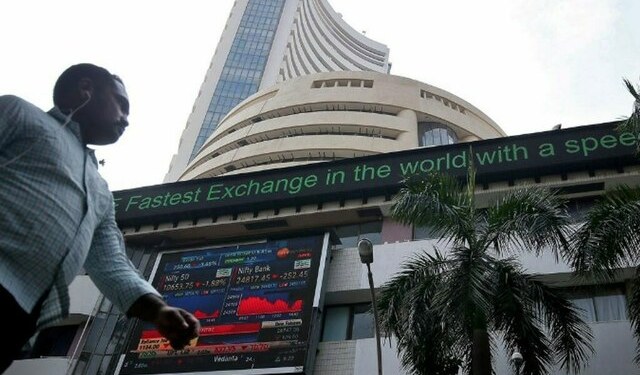By Ian Chua
SYDNEY (Reuters) – The rally in Asian stocks showed signs of running out of puff on Friday, even after a record closing high on Wall Street, while the selloff in the dollar paused as market attention turned to major Chinese data due on Monday.
Markets are braced for fresh evidence of weakness in the world’s second biggest economy that, if confirmed, will no doubt dampen risk appetite. Economists polled by Reuters see second-quarter GDP growth at a median 7.5 percent.
MSCI’s broadest index of Asia-Pacific shares outside Japan edged up a tepid 0.1 percent, but was on track to end the week up 3.1 percent, its best gain since September.
Tokyo’s Nikkei was up 0.2 percent, South Korea’s KOSPI eased 0.5 percent, while Australia’s ASX 200 index climbed 0.4 percent.
“China will be key, as it has the last few days and the bulls will be keen to see if the strong rally continues,” said Stan Shamu, market strategist at IG in Melbourne.
The lacklustre start on Asian bourses came after the U.S. S&P 500 index and the Dow Jones industrial average both gained more than 1 percent to record closing highs.
Investors had cheered Federal Reserve Chairman Ben Bernanke’s commitment to keep monetary policy accommodative for the foreseeable future.
Before his comments, markets had started to price in the prospect of the Fed scaling back its bond-buying programme as early as September following a string of encouraging data that underscored a clear recovery in the economy.
DOLLAR STEADIER
Currency markets were steadier following a breathtaking selloff in the dollar in the past 24 hours as investors cut bullish positions on Bernanke’s pledge.
The dollar index, which tracks the greenback’s performance against a basket of major currencies, struggled at 2-1/2 week lows, having slumped more than 2 percent. That fall was the steepest in four years, and normally only seen during financial crises.
The euro jumped as far as $1.3208, well off this week’s trough of $1.2755. It has since retreated to $1.3096, but was still 2.1 percent higher on the week.
Analysts at BNP Paribas said the fall in the dollar should be seen as an opportunity to buy because they still expect the Fed to begin dialling down stimulus later this year.
“We forecast an acceleration of U.S. GDP growth in Q3 and Q4 that is consistent with the Fed starting its tapering process in the second half of 2013,” Steven Saywell wrote in a report.
“We choose to recommend a short GBP/USD at 1.5130, targeting a move to 1.45 with a stop at 1.5310,” said Saywell, adding he believed the Bank of England would ease policy in August.
Caution ahead of the Chinese data saw commodity currencies such as the Australian dollar give back much of the recent gains made against the greenback.
The Aussie slipped to $0.9170 from Thursday’s high of $0.9306, keeping in sight a 34-month trough of $0.9036 set earlier this month.
The Aussie’s decline came even as commodity markets were bolstered by Bernanke’s commitment to keep policy loose. Copper was at $7,021 a tonne, having jumped 2.6 percent, while spot gold stood at $1,286 an ounce after a 1.7 percent rally.
Oil, however, lost a bit of momentum as traders took profits on a three-week rally that lifted prices to 15-month highs. U.S. crude eased back to around $104 a barrel, having reached $107.45.
(Editing by Eric Meijer)
Source: Reuters



























